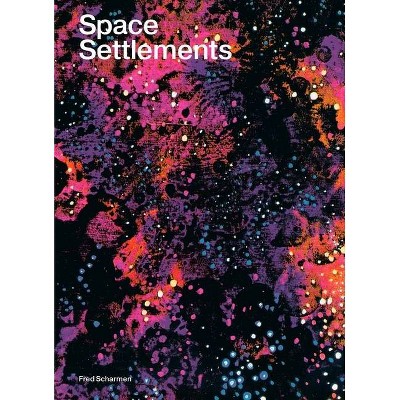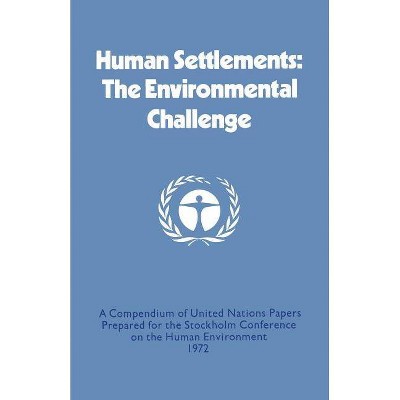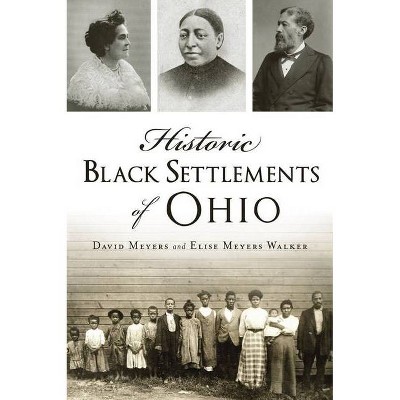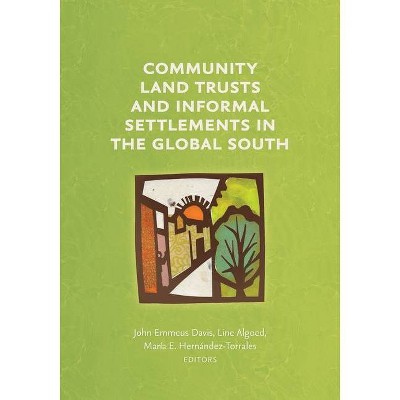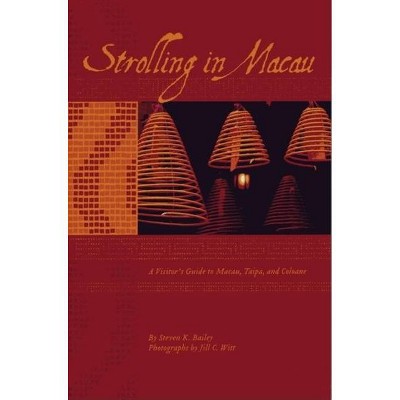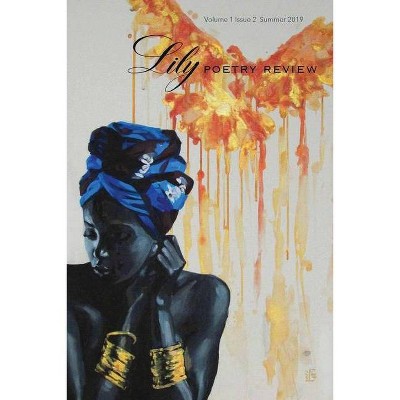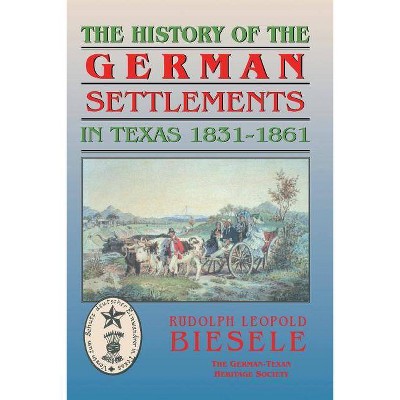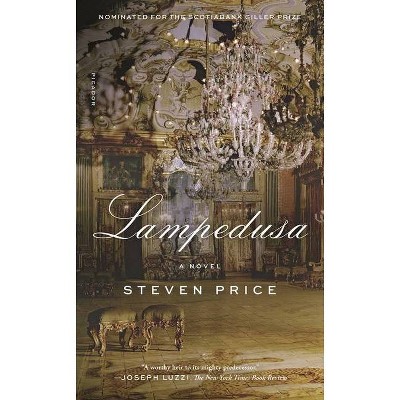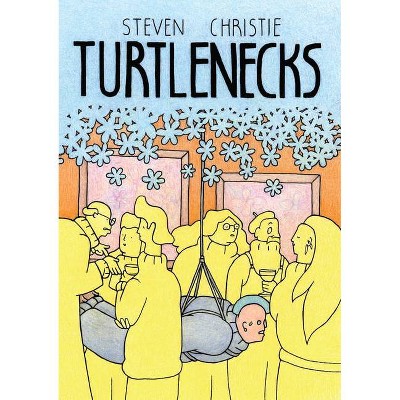Negotiated Settlements - by Steven A Wernke (Paperback)
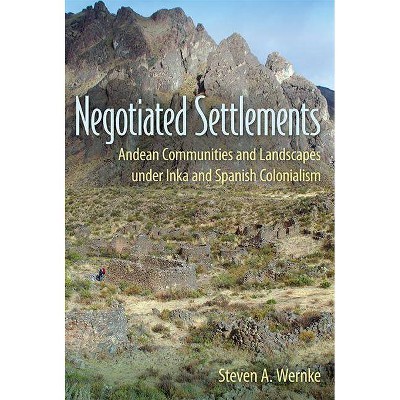
Similar Products
Products of same category from the store
AllProduct info
<p/><br></br><p><b> Book Synopsis </b></p></br></br><p>"A refreshing and long overdue perspective in historical archaeology that has the potential to provide new insights into the ways in which colonial relations were played out not just in the Colca Valley but elsewhere as well. This is a groundbreaking book that will inspire historical archaeologists to systematically examine the broader social and natural landscapes in which individual sites are located."--Mary L. Van Buren, Colorado State University</p><p>This multidisciplinary--indeed, transdisciplinary--combination of archaeological, historical, and ethnographic research reveals how the Andean people of southern Peru's Colca Valley experienced and responded to successive waves of colonial rule by the Inka and Spanish empires from the fifteenth through seventeenth centuries. <p/>While most research splits the prehispanic and post-conquest eras into separate domains of study, Steven Wernke's perspective explicitly combines archaeological and documentary sources to bridge the Spanish conquest of the Andes. He integrates GIS-based spatial analyses of documentary sources with archaeological survey and the only excavations of an early Spanish doctrinal settlement in the highland Andes to present a local perspective on how new communities and landscapes emerged as part of a continuous process of adapting to consecutive imperial occupations. Wernke's findings show how Spanish ideals of urban order penetrated this rural provincial setting as early as the first generation after the conquest, as well as the ways the integration of Spanish ideals depended on their resonance with prehispanic Andean precedents. <p/>Through integration of empirical research and social theory, this volume contributes to current debates on colonial and postcolonial theory, historical anthropology, and the growing field of colonial archaeology. At ease whether examining religious practice at early Franciscan mission settlements or reconstructing prehispanic Andean land use, Wernke argues that we should avoid thinking of relations within the Inka and Spanish states as a dichotomy between colonizers and colonized; instead he traces how new kinds of communities and landscapes were co-produced at the local scale.</p><p/><br></br><p><b> Review Quotes </b></p></br></br><br>"A groundbreaking study which has set the bar high for further prehistoric and colonial archaeologists working in the Andes and elsewhere. . . . Excels at smashing traditional disciplinary boundaries and methodologies and underscores the need for late prehistoric and colonial period archaeologists to develop larger and more sophisticated toolkits in the study of cultural landscapes."--<i>Journal of Anthropological Research</i><br><br><br>"A must have for all Peruvian archaeologists, ethnohistorians, and historians, as well as for Andeanists in general. Richly illustrated and documented. Essential."--<i>Choice</i><br><br><br>"An intriguing narrative of place and landscape, illustrating how space is negotiated and locally mediated in the Colca Valley over five centuries."--<i>American Anthropologist</i><br><br><br>"Fascinating and innovative. . . . Presents a rigorous methodology."--<i>Antiquity</i><br><br><br>"Impressive. . . . The combination of methods employed in this book and the nuanced perspectives they provide draw attention to the contrasting visions of colonization produced by textual records and material evidence."--<i>Hispanic American Historical Review</i><br><br><br>"Opens fresh perspectives into these fundamental episodes in Andean history."--<i>Journal of Latin American Studies</i><br><br><br>"Skillfully weaves together archaeological data, archival transcriptions, and geographic information systems (GIS) analyses. . . . Offers a novel perspective on colonialism, concentrating less on how colonial authorities sought to <i>impose </i>idealized imperial strategies over indigenous peoples and more on the practices through which, and the places where, Collaguas, Inkas, and Spanish negotiated their interests, and ultimately, <i>improvised </i>a new colonial society."--<i>Historical Archaeology</i><br><br><p/><br></br><p><b> About the Author </b></p></br></br><p><b>Steven A. Wernke</b> is associate professor of anthropology at Vanderbilt University.</p><br>
Price History
Price Archive shows prices from various stores, lets you see history and find the cheapest. There is no actual sale on the website. For all support, inquiry and suggestion messagescommunication@pricearchive.us
